What is OCD?
Obsessive compulsive disorder (OCD) is a mental health disorder that affects people of all ages and walks of life, and occurs when a person gets caught in a cycle of obsessions and compulsions. Obsessions are unwanted, intrusive thoughts, images, or urges that trigger intensely distressing feelings. Compulsions are behaviors an individual engages in to attempt to get rid of the obsessions and/or decrease his or her distress.
Most people have obsessive thoughts and/or compulsive behaviors at some point in their lives, but that does not mean that we all have “some OCD.” ¹ In order for a diagnosis of obsessive compulsive disorder to be made, this cycle of obsessions and compulsions becomes so extreme that it consumes a lot of time and gets in the way of important activities that the person values.¹
What exactly are obsessions and compulsions?
Obsessions are thoughts, images or impulses that occur over and over again and feel outside of the person’s control. Individuals with OCD do not want to have these thoughts and find them disturbing. In most cases, people with OCD realize that these thoughts don’t make any sense. Obsessions are typically accompanied by intense and uncomfortable feelings such as fear, disgust, doubt, or a feeling that things have to be done in a way that is “just right.” In the context of OCD, obsessions are time consuming and get in the way of important activities the person values. This last part is extremely important to keep in mind as it, in part, determines whether someone has OCD — a psychological disorder — rather than an obsessive personality trait.
Unfortunately, “obsessing” or “being obsessed” are commonly used terms in everyday language. These more casual uses of the word mean that someone is preoccupied with a topic or an idea or even a person. “Obsessed” in this everyday sense doesn’t involve problems in day-to-day living and even has a pleasurable component to it. You can be “obsessed” with a new song you hear on the radio, but you can still meet your friend for dinner, get ready for bed in a timely way, get to work on time in the morning, etc., despite this obsession. In fact, individuals with OCD have a hard time hearing this usage of “obsession” as it feels as though it diminishes their struggle with OCD symptoms.
Even if the content of the “obsession” is more serious, for example, everyone might have had a thought from time to time about getting sick, or worrying about a loved one’s safety, or wondering if a mistake they made might be catastrophic in some way, that doesn’t mean these obsessions are necessarily symptoms of OCD. While these thoughts look the same as what you would see in OCD, someone without OCD may have these thoughts, be momentarily concerned, and then move on. In fact, research has shown that most people have unwanted “intrusive thoughts” from time to time, but in the context of OCD, these intrusive thoughts come frequently and trigger extreme anxiety that gets in the way of day-to-day functioning.
Compulsions are the second part of obsessive compulsive disorder. These are repetitive behaviors or thoughts that a person uses with the intention of neutralizing, counteracting, or making their obsessions go away. People with OCD realize this is only a temporary solution but without a better way to cope they rely on the compulsion as a temporary escape. Compulsions can also include avoiding situations that trigger obsessions. Compulsions are time consuming and get in the way of important activities the person values.
Similar to obsessions, not all repetitive behaviors or “rituals” are compulsions. You have to look at the function and the context of the behavior. For example, bedtime routines, religious practices, and learning a new skill all involve some level of repeating an activity over and over again, but are usually a positive and functional part of daily life. Behaviors depend on the context. Arranging and ordering books for eight hours a day isn’t a compulsion if the person works in a library. Similarly, you may have “compulsive” behaviors that wouldn’t fall under OCD, if you are just a stickler for details or like to have things neatly arranged. In this case, “compulsive” refers to a personality trait or something about yourself that you actually prefer or like. In most cases, individuals with OCD feel driven to engage in compulsive behavior and would rather not have to do these time-consuming and many times torturous acts. In OCD, compulsive behavior is done with the intention of trying to escape or reduce anxiety or the presence of obsessions.
The good news is that OCD can be treated and managed throughout one’s life. Cognitive Behavioral Therapy, including a specialized therapy for OCD called Exposure with Response/Ritual Prevention (ER/P), are evidence-based therapies that have been proven over time to provide relief for those suffering from Obsessive Compulsive Disorder. Thoughtful medication management has also been shown to provide relief from symptoms when combined with the appropriate therapy.
Many individuals with OCD live their lives feeling misunderstood and isolated. Support is available for individuals and their families who suffer from this disorder. On-line support groups, regional and state organizations, and local therapists are among the resources that can be accessed by those living with OCD.
Resources and Additional Information and Support:
https://www.iocdf.org
www.beyondocd.org
http://www.afocd.org
http://www.adaa.org
https://www.ocdchallenge.com/
The information contained in this blog post comes primarily from the International Obsessive Compulsive Disorder website, source credited below.
Sources:[1] Clark, David A.; & Radomsky, Adam S. (2014). Introduction: A global perspective on unwanted intrusive thoughts. Journal of Obsessive-Compulsive and Related Disorders. Available online 18 February 2014. DOI: 10.1016/j.jocrd.2014.02.001 http://www.sciencedirect.com/science/article/pii/S2211364914000128
